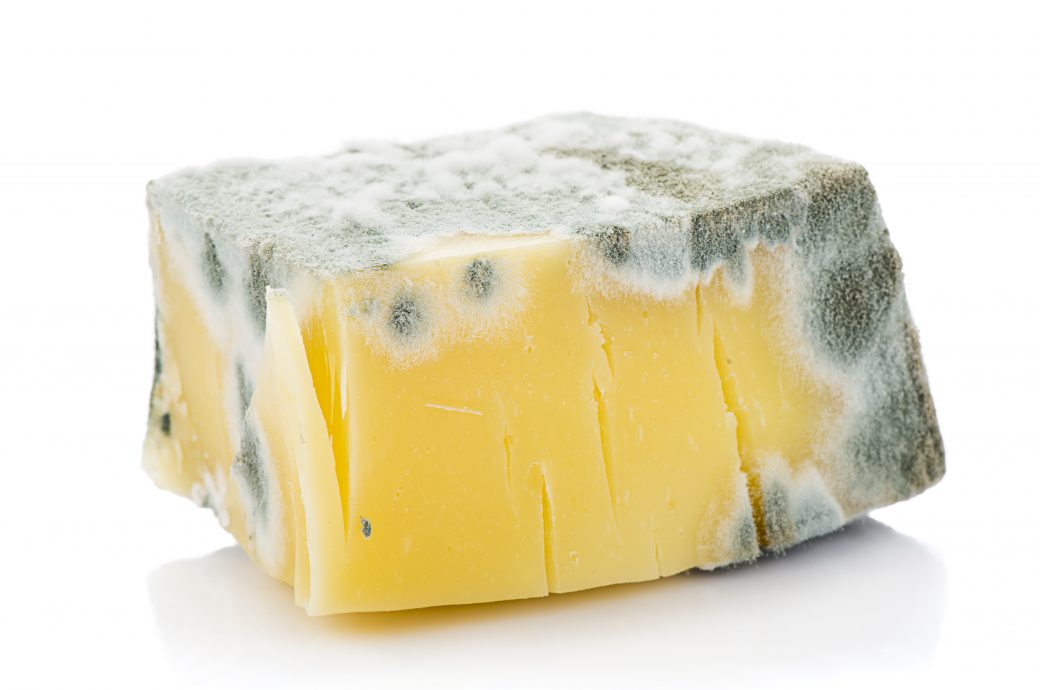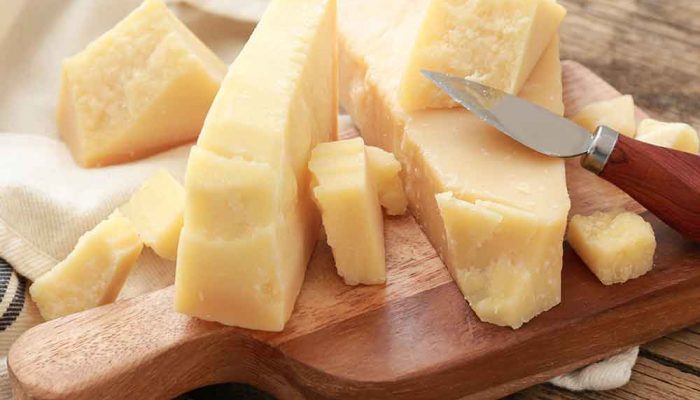
Cheese and Mold Connection
Cheese is a dairy product that is loved by many people. It is a versatile ingredient that can be used in many dishes, and it comes in a variety of flavors and textures. However, when you think of cheese, one of the things that might come to your mind is mold. Is it true that all cheese has mold?
Well, the short answer is no. Not all cheese has mold. But, there's more to it than just that. In this article, we'll explore the connection between cheese and mold, and answer some common questions people have about this topic.
What is Mold?

Mold is a type of fungus that grows in moist environments. It can be found in many places, including on food. While some types of mold are harmless, others can be toxic and cause health problems if ingested.
Cheese is one of the foods that can be affected by mold. In fact, some types of cheese are intentionally made with mold, such as blue cheese and Roquefort cheese. These types of cheese have blue or green veins running through them, which are actually mold spores.
Types of Cheese with Mold

As mentioned earlier, there are some types of cheese that are intentionally made with mold. Here are some of the most popular ones:
- Blue cheese
- Roquefort cheese
- Gorgonzola cheese
- Stilton cheese
These types of cheese have a distinct flavor and texture, thanks to the mold. They are often used in salads, sandwiches, and as a topping for crackers or bread.
Cheese with Unintentional Mold
While some types of cheese are intentionally made with mold, others can develop mold unintentionally. This can happen if the cheese is not stored properly or if it is past its expiration date.
If you notice mold on your cheese, it's best to throw it away. Even if the mold is not harmful, it can affect the taste and texture of the cheese. It's always better to be safe than sorry.
How to Store Cheese
To prevent unintentional mold growth on your cheese, it's important to store it properly. Here are some tips:
- Store cheese in an airtight container
- Keep cheese in the refrigerator
- Wrap cheese in wax paper or parchment paper
- Don't store cheese in plastic wrap or bags, as this can trap moisture and promote mold growth
By following these tips, you can help extend the shelf life of your cheese and prevent mold growth.
When to Throw Away Cheese

While some types of cheese can be aged for months or even years, others have a shorter shelf life. Here are some signs that it's time to throw away your cheese:
- The cheese has mold on it
- The cheese has a sour or off smell
- The cheese has a slimy texture
- The cheese is past its expiration date
When in doubt, it's always better to throw away cheese that you suspect may be bad. Eating spoiled cheese can make you sick and ruin your meal.
Conclusion
Cheese and mold are often associated with each other, but not all cheese has mold. Some types of cheese are intentionally made with mold, while others can develop mold unintentionally. To prevent mold growth on your cheese, store it properly and throw it away if you notice any signs of spoilage. By following these tips, you can enjoy delicious cheese without the worry of mold.